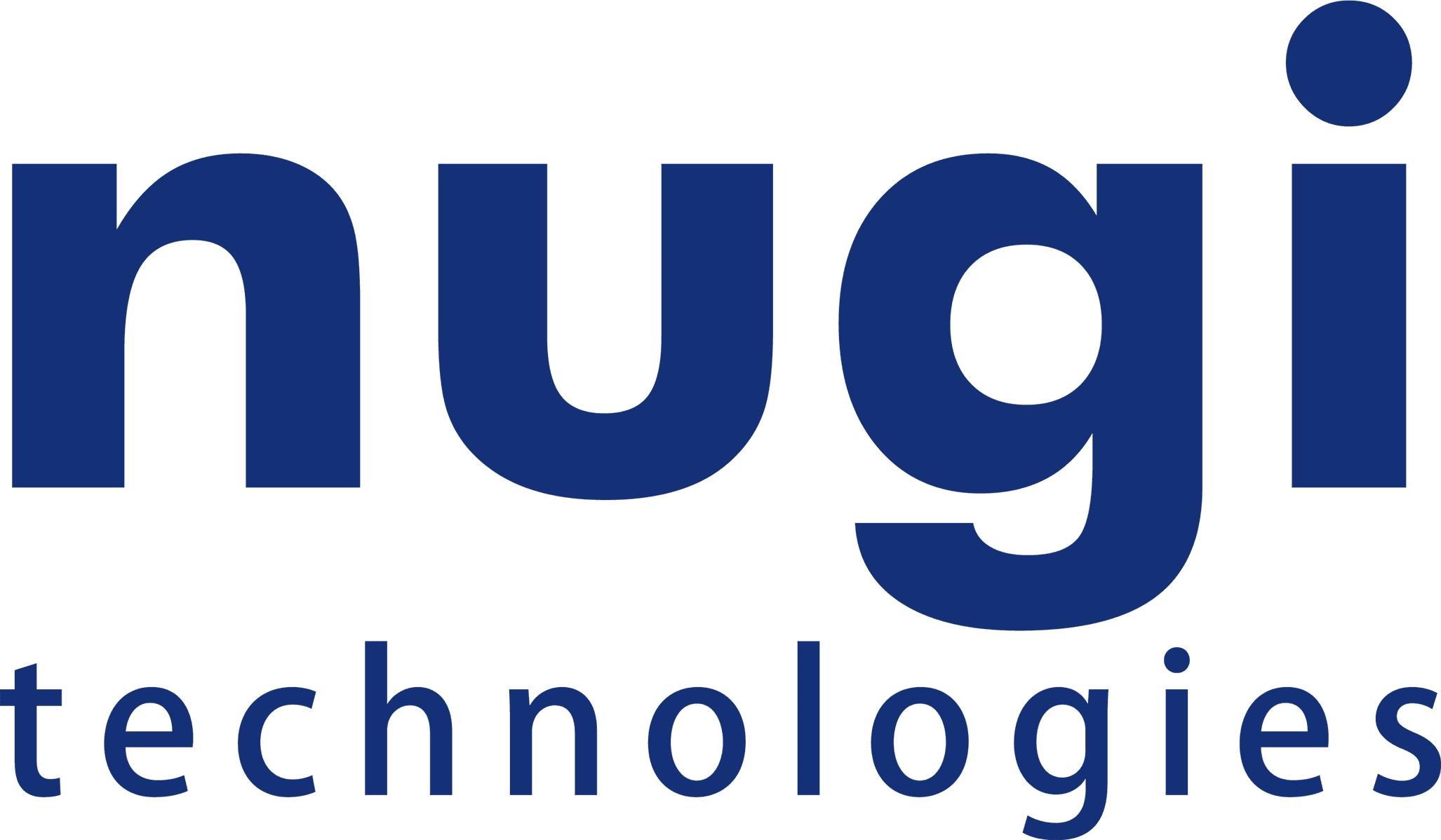In today’s dynamic and highly competitive business landscape, the ability to adapt and innovate is crucial for long-term success. One of the key enablers of such adaptability and innovation is enterprise software development. This process involves the creation of customised software solutions tailored specifically to the unique needs and challenges of large organizations. Unlike generic off-the-shelf software, enterprise software is designed to integrate seamlessly with existing systems, support complex business processes, and scale effectively as the organization grows.
The Fundamentals of Enterprise Software Development
Enterprise software development is a multi-faceted process that requires a deep understanding of an organization's operations, goals, and challenges. It encompasses the design, development, deployment, and maintenance of software systems that can handle large volumes of data, numerous users, and critical business functions. These systems are often mission-critical, meaning they are essential for the day-to-day operations of the business and must be reliable, secure, and efficient.
Key Characteristics of Enterprise Software
Scalability: Enterprise software must handle increasing data volumes, user loads, and transaction frequencies. Scalability ensures that as the business grows, the software can accommodate additional demands without compromising performance.
Integration: Effective enterprise software integrates with existing systems and applications, facilitating seamless data flow and operational efficiency. Integration capabilities reduce redundancy and ensure that all parts of the business are interconnected.
Customization: Unlike off-the-shelf software, enterprise solutions are highly customizable to fit specific business processes and workflows. This customization ensures that the software aligns perfectly with the organization's needs and enhances productivity.
Security: Given the sensitive nature of business data, enterprise software prioritizes robust security measures to protect against breaches and unauthorized access. This includes encryption, authentication protocols, and regular security updates.
Reliability: Enterprise software must provide consistent performance and high availability to support critical business functions. Reliability is achieved through rigorous testing, quality assurance processes, and ongoing maintenance.
Types of Enterprise Software
Enterprise software can be categorized into several types, each serving different functions within an organization:
Customer Relationship Management (CRM): CRM systems help businesses manage interactions with current and potential customers, streamline sales processes, and improve customer service. Examples include Salesforce, HubSpot, and Microsoft Dynamics.
Enterprise Resource Planning (ERP): ERP systems integrate various business processes, such as accounting, human resources, supply chain management, and manufacturing, into a single unified system. This integration improves efficiency and provides a holistic view of the business. Examples include SAP, Oracle ERP, and Microsoft Dynamics 365.
Human Resource Management (HRM): HRM software manages employee data, recruitment, payroll, performance evaluation, and training. It helps HR departments streamline their processes and improve employee engagement. Examples include Workday, BambooHR, and ADP Workforce Now.
Supply Chain Management (SCM): SCM software manages the flow of goods and services, including all processes that transform raw materials into final products. It helps optimize supply chain operations, reduce costs, and improve efficiency. Examples include JDA Software, Infor SCM, and Oracle SCM.
Business Intelligence (BI): BI software analyzes data to help businesses make informed decisions. It provides tools for data visualization, reporting, and predictive analytics. Examples include Tableau, Microsoft Power BI, and QlikView.
The Benefits of Enterprise Software Development
Enterprise software development offers numerous benefits that can significantly impact an organization’s efficiency, productivity, and bottom line:
Efficiency and Productivity: Customized software solutions automate routine tasks, reduce manual errors, and streamline workflows, leading to enhanced productivity. Employees can focus on higher-value activities, and processes are executed more quickly and accurately.
Improved Decision-Making: Integrated data and advanced analytics enable businesses to make more informed decisions quickly and accurately. Enterprise software provides real-time insights and comprehensive reports that help identify trends, opportunities, and potential issues.
Cost Savings: While the initial investment in enterprise software may be higher, it reduces long-term operational costs by automating processes, improving resource management, and minimizing downtime. The return on investment (ROI) is often substantial.
Competitive Advantage: Tailored software solutions can provide unique features and capabilities that set a business apart from its competitors. By leveraging technology to innovate and optimize operations, organizations can achieve a significant competitive edge.
Scalability and Flexibility: Enterprise software grows with the business, easily accommodating new requirements and changes in business processes. This scalability ensures that the software remains relevant and effective as the organization evolves.
The Enterprise Software Development Process
Developing enterprise software involves several key stages, each critical to the success of the final product:
Requirement Analysis: The first step is understanding the specific needs and goals of the business. This involves gathering detailed requirements from stakeholders, analyzing current systems and processes, and defining the project scope.
Design: Based on the requirements, a detailed design of the software is created. This includes architectural design, user interface (UI) design, and database design. The design phase ensures that all aspects of the software are planned out before development begins.
Development: The actual coding and building of the software take place during this phase. Developers write the code according to the design specifications, ensuring that the software is functional, efficient, and secure.
Testing: Rigorous testing is conducted to identify and fix any bugs or issues. Testing includes unit testing, integration testing, system testing, and user acceptance testing (UAT). This phase ensures that the software performs as expected and meets the quality standards.
Deployment: Once the software passes all tests, it is deployed to the organization. This involves installing the software, configuring it for the specific environment, and migrating any necessary data. Training and support are also provided to end-users to ensure a smooth transition.
Maintenance and Updates: Ongoing support is crucial for addressing any issues, implementing updates, and adding new features as needed. Regular maintenance ensures that the software remains secure, reliable, and up-to-date.
Challenges in Enterprise Software Development
While enterprise software development offers numerous benefits, it also presents several challenges that organizations must navigate:
Complexity: Enterprise software often involves complex requirements, integrations, and customizations. Managing this complexity requires skilled developers, thorough planning, and effective project management.
Cost: The development and implementation of enterprise software can be expensive. Organizations need to carefully budget for the project and consider the long-term ROI.
Change Management: Implementing new software requires changes to existing processes and systems. Effective change management strategies are essential to ensure that employees adopt the new software and processes smoothly.
Security: Ensuring the security of enterprise software is paramount, given the sensitive nature of business data. Organizations must implement robust security measures and stay vigilant against potential threats.
Scalability: As businesses grow, their software needs to scale accordingly. Ensuring that the software can handle increased demands without compromising performance is a significant challenge.
Real-World Impact and Statistics
Enterprise software development is more than a theoretical concept; it has a profound impact on businesses worldwide. According to Statista, the Enterprise Software market worldwide is projected to grow by 6.55% (2024-2028) resulting in a market volume of US$376.40bn in 2028. This growth underscores the increasing reliance of businesses on customized software solutions to drive efficiency and innovation.
A report by Grand View Research also highlights that the adoption of enterprise software can lead to a 25-30% increase in operational efficiency. This is achieved through automation, improved data management, and enhanced collaboration across different departments.
Conclusion
Enterprise software development is a critical investment for businesses looking to optimize their operations and achieve sustainable growth. By providing customized solutions that address specific business needs, enterprise software can transform how an organization operates, making it more efficient, competitive, and resilient in the face of changing market demands.
At Nugi Technologies, we specialize in developing tailored enterprise software solutions that drive success. Do you need a robust CRM, a comprehensive ERP system, or any other enterprise application, our team of experts is here to help. We understand the unique challenges of enterprise software development and are committed to delivering high-quality solutions that meet your specific needs.
Ready to transform your business with cutting-edge enterprise software? Contact us today at +234 708 652 3678 or send an email to info@nugitech.com. Visit our website at www.nugitech.com to learn more about how we can support your business’s digital transformation journey. Let Nugi Technologies be your trusted partner in achieving your business goals through innovative technology solutions.







